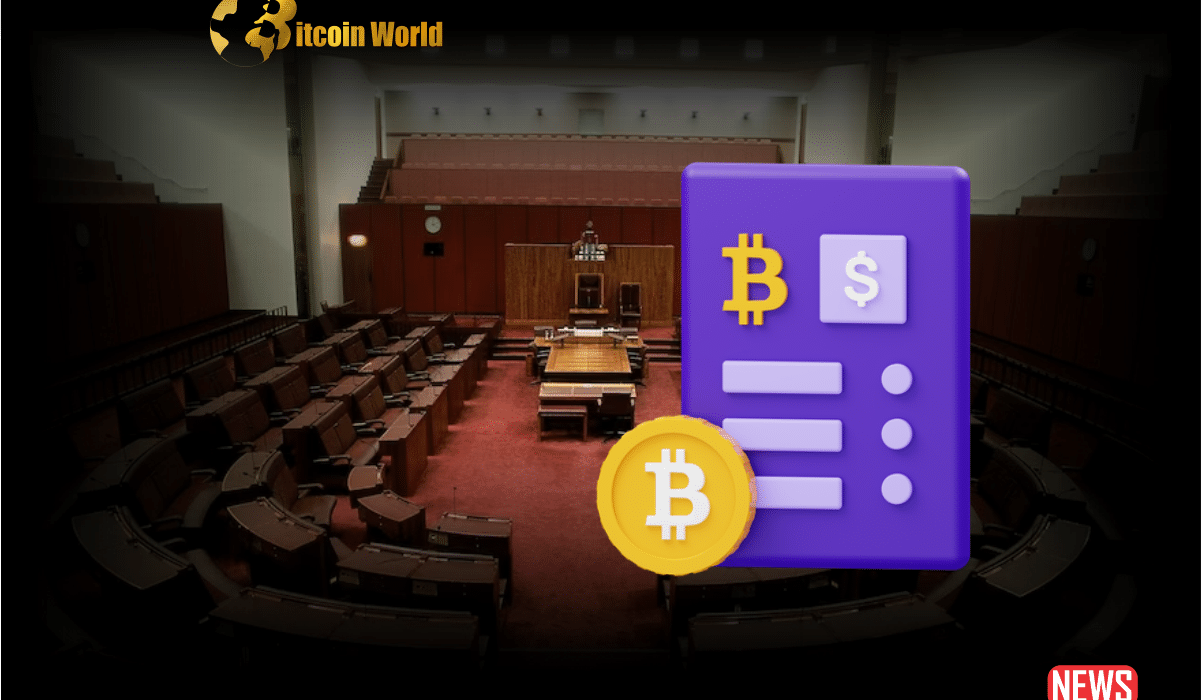A recent development has sparked debate among Australian legislators, cryptocurrency enthusiasts, and industry stakeholders. The nation’s Senate, through its Economic Legislation Committee, has expressed opposition to a Bill aimed at regulating bitcoin trading platforms operating within its borders.
The group InnovationAus.com, which studies public policy and commercial innovation, has shed light on this dispute. The biggest impediment is internal disagreement about the necessity and applicability of the proposed Bill, which throws into doubt Australia’s crypto regulatory trajectory.
The Economic Legislation Committee’s findings affirmed Senator Andrew Bragg’s considerable groundwork since the Bill’s inception as a well-known enthusiast for the crypto industry.
Although the Bill’s fundamental goals, such as safeguarding investors from potential scams, were accepted and even praised, there was a significant divide among submitters.
The question is whether current restrictions are adequate for digital assets or whether a separate legislative framework is required.
This schism was not limited to legislative considerations. Prominent parties, such as FinTech Australia, have raised worry about the lack of detailed information about digital asset exchange standards and governance issues.
This was mirrored by the committee’s claim that, while there is universal agreement on the need for further sector regulation, the existing Bill fails to provide the clarity and certainty that investors, consumers, and the more significant industry require.
The research pointed out numerous flaws in the proposed legislation. One of the most prevalent objections was that the Bill “fails to interoperate with the established regulatory landscape,” causing serious concerns about potential regulatory arbitrage and eventual industry harm.
While the Bill’s core goal was obvious — to protect consumers and strengthen the digital asset sector — it lacked sufficient clarity to match Australia’s larger business objectives.
The article also revealed that, while the Senate rejected the crypto law, the consultation process has been allowed for a restart, indicating that negotiations are far from ended.
According to InnovationAus.com, Senator Bragg raised concern over the government’s plan to restart the consultation process on digital assets. He says this “has left consumers vulnerable in an unregulated market” and “redirected investment abroad.”
Senator Bragg stressed the measure’s viability: “The bill demonstrates that an Australia crypto bill is entirely viable.” It is not an option to wait for the government to act. That is why the Senate should act quickly to debate and pass this legislation.
He said that the Senate stepped in when the government’s action on financial concerns stalled. So it’s about time they did the same for cryptocurrency legislation.









